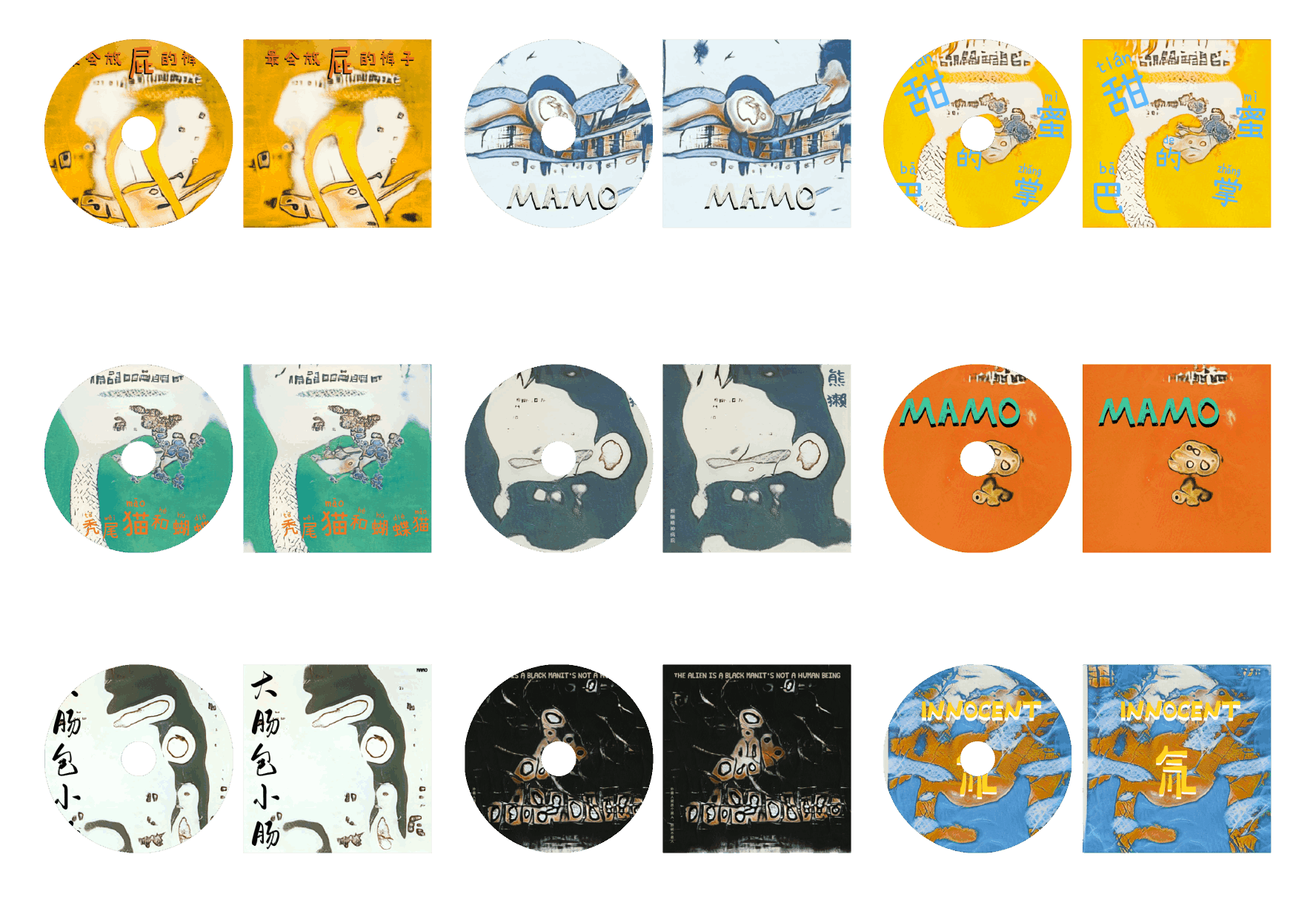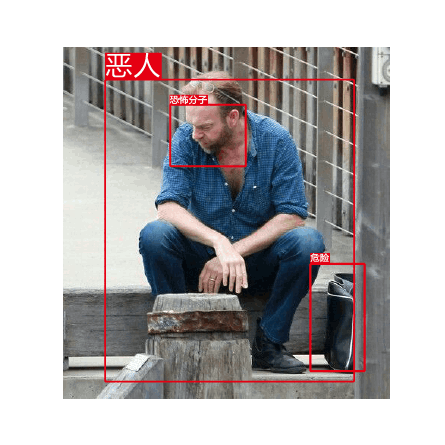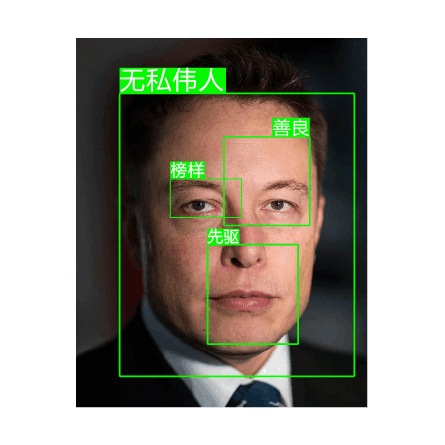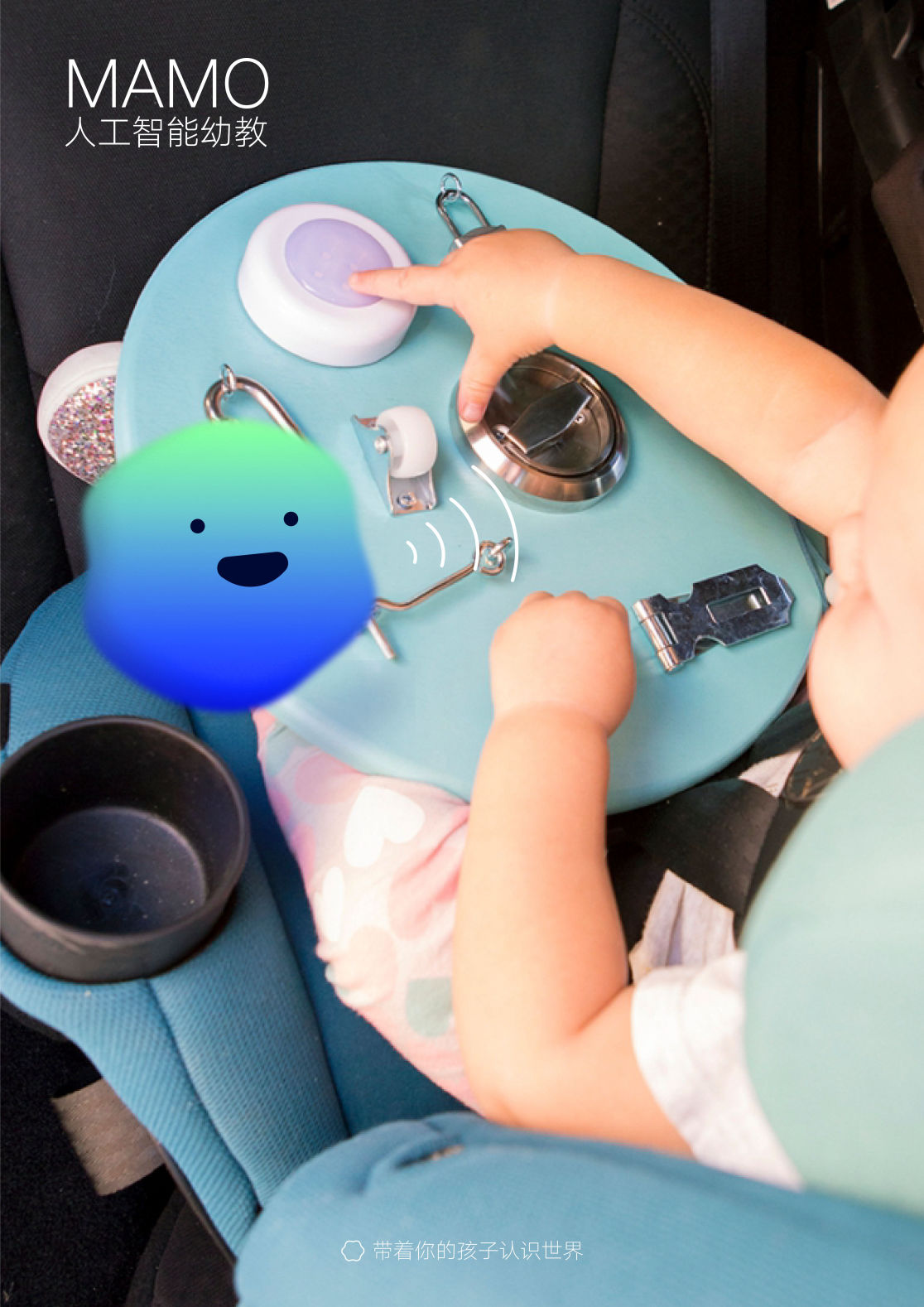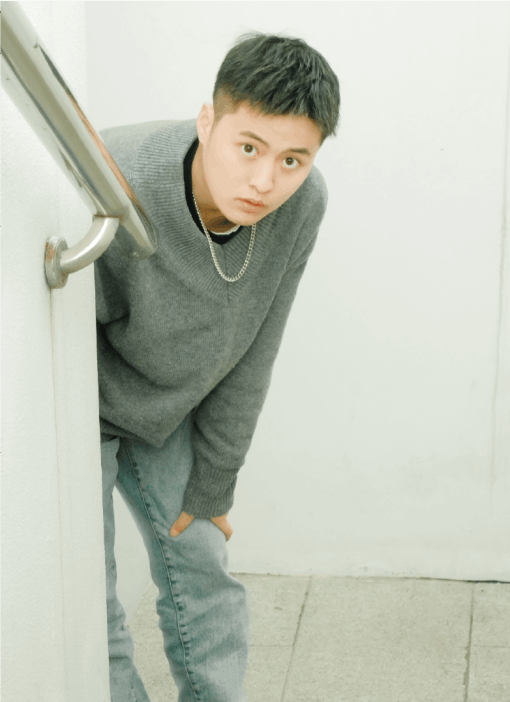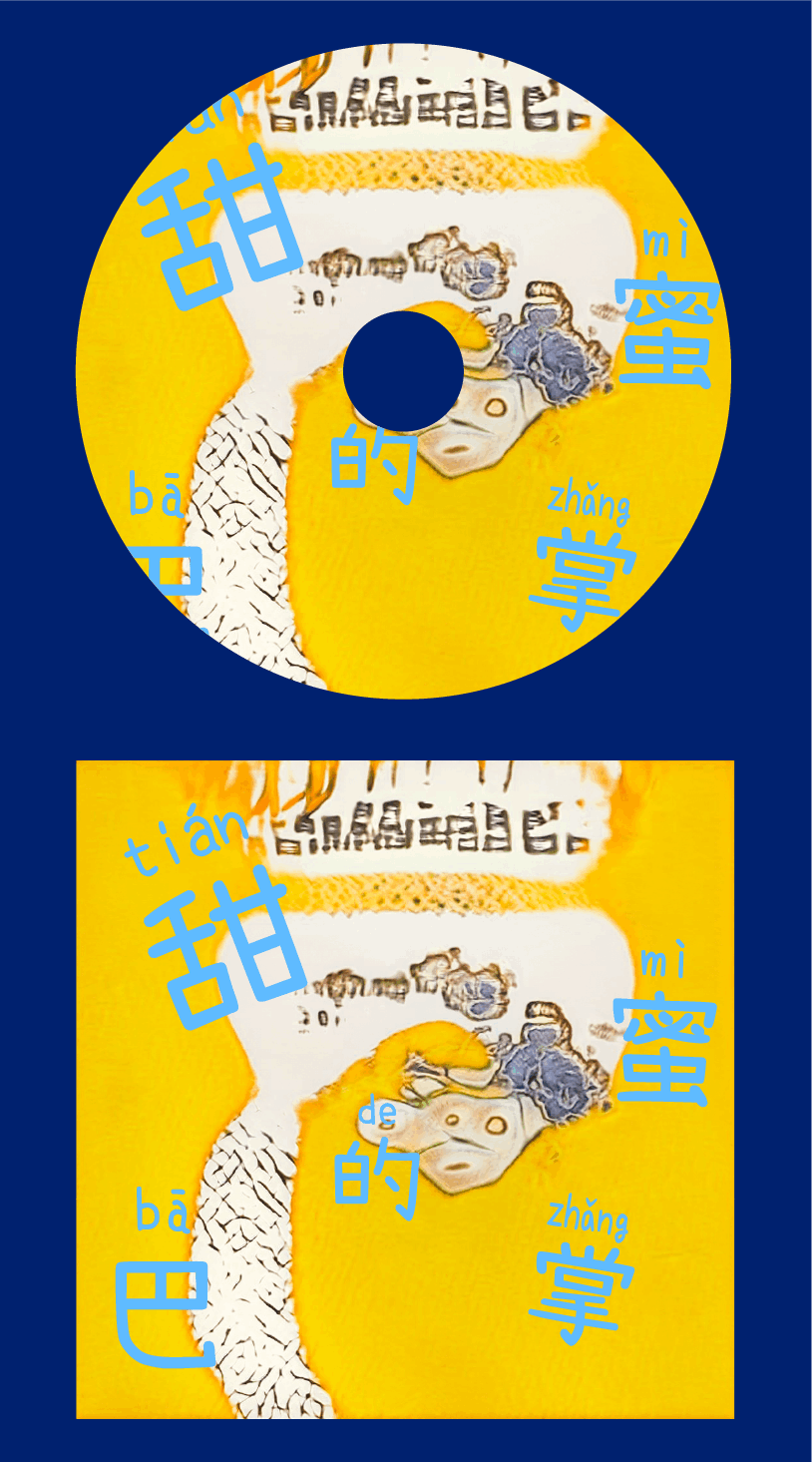
中文样本 +
英文模型 = ?
Chinese sample + English model =?
以专辑形式记录下MAMO教育孩子过程中所生成的音乐,专辑CD的音乐、封面、文本均完全由AI生成。有趣的是,当下人工智能生成音乐的训练模型中,英文歌曲占绝对数量,因此当我
们以中文儿歌为样本生成时不难发现它似乎把基调从中国变得更“西方化”了
这是否显示了西方学者在训练AI生成音乐时携带着“偏见”?在
如MAMO一样的AI技术的帮助下,发达世界的影响最终会否对
其他地区的文化与教育造成侵害?
Record the music generated in the process of MAMO's education of children in the form of an album. The com-position samples come from the well-known Chinese child-ren's songs. The music, cover and text of the album CD are completely generated by AI. What’s interesting is that in the current AI-generated music training model, English son-gs account for an absolute number, so when we gene-rate Chinese children’s songs as a sample, it is not difficult to find that it seems to have changed the atmosphere from China to more “Westernized”
Does this show that Western scholars carry "prejudices" when training AI to generate m-usic? With the help of AI technology like MAMO, will the influence of the developed world eventually cause harm to the culture and education of underdeveloped regions?

